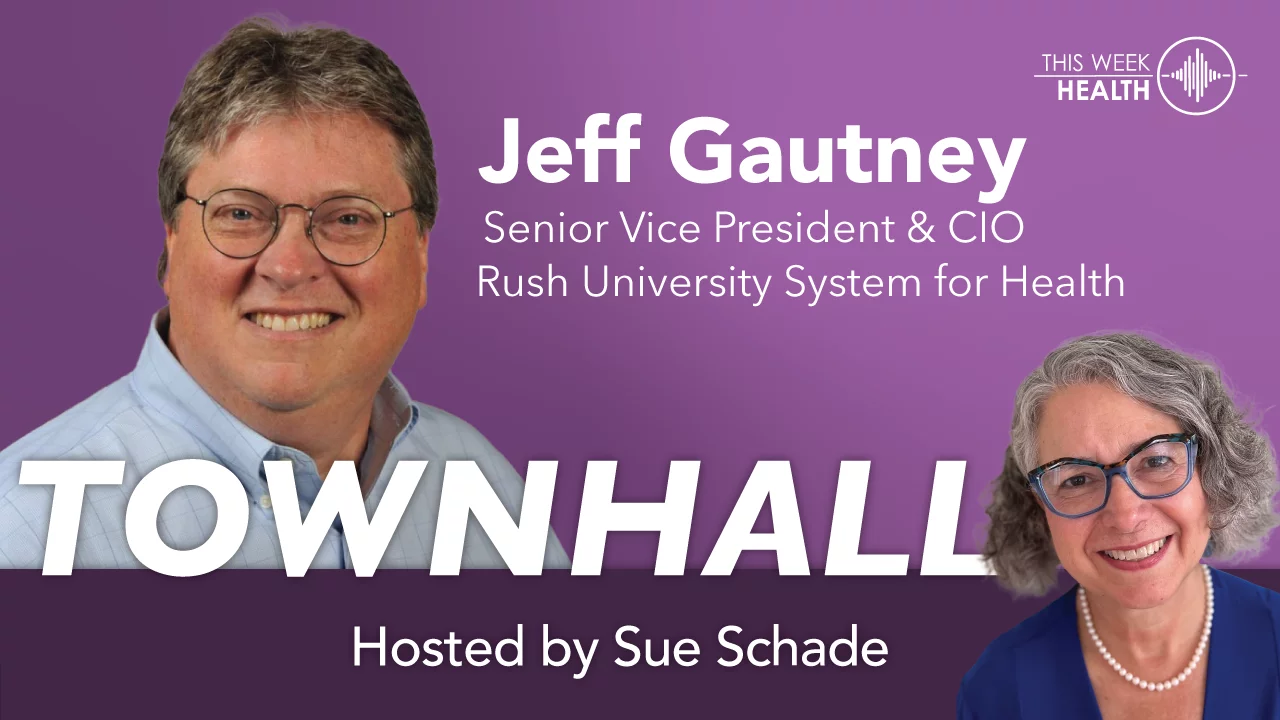

October 8, 2024
The U.S. Department of Health and Human Services has alerted the healthcare industry about Trinity ransomware, a new strain detected in May 2024 that has already affected multiple victims, including healthcare providers in the U.S. and the U.K. Trinity ransomware encrypts files with a “trinitylock” extension and poses significant data theft risks, as illustrated by one gastroenterology provider's loss of 330 GB of data. The ransomware exploits system vulnerabilities and spreads laterally within networks, with victims facing an urgent demand for payment in cryptocurrency to prevent data leaks. Experts have noted similarities between Trinity and previous ransomware strains, indicating possible links among the attackers.
HHS Warns Healthcare Sector of New Trinity Ransomware Threat The Record
October 8, 2024
Access to healthcare in rural America is hindered by numerous barriers, impacting around 60 million residents. Limited provider availability, higher rates of chronic health issues, and the closure of rural hospitals contribute to poorer health outcomes, evidenced by elevated mortality rates compared to urban areas. Financial challenges are exacerbated by a higher uninsured rate and long travel distances to care facilities, while inadequate internet access restricts the effectiveness of telehealth services. To overcome these challenges, a multifaceted approach is needed, including the expansion of broadband and the integration of various healthcare technologies.
Rural Healthcare Crisis: 60 Million Americans Face Access Barriers MedCity News
October 8, 2024
UnitedHealth Group's recovery from a significant ransomware attack on its Change Healthcare subsidiary is ongoing, requiring a complete overhaul of its computer systems, according to Chief Information Security Officer Steven Martin. Speaking at the Mandiant Worldwide Information Security Exchange, Martin revealed that only the cables were retained from the previous infrastructure, as the company replaced all routers, switches, and computing systems to enhance security. The attack, linked to the ALPHV group and occurring in February, resulted in profound disruptions for healthcare providers and ransom payments estimated at $22 million. After months of intensive effort and collaboration with Mandiant's incident response team, the restoration process is nearing completion, with Martin describing the recovery as a long-term commitment akin to running a marathon.
UnitedHealth Group Rebuilds After Devastating Ransomware Attack Cyberscoop
October 8, 2024
The Federal Communications Commission (FCC) has authorized Starlink and T-Mobile to provide satellite-to-phone services in Hurricane Helene-affected areas, specifically enabling emergency alerts and basic texting capabilities for T-Mobile users in North Carolina. While SpaceX is currently operational in the region, they caution that the service is not ready for full commercial availability and will be offered on a best-effort basis due to the incomplete satellite constellation. The FCC's approval is part of a broader strategy to ensure communication during emergencies and includes temporary measures for other providers. Elon Musk has acknowledged the FCC's quick approval but criticized the agency for denying Starlink's request for $885 million in broadband funding, which he believes could have further supported recovery efforts in North Carolina.
FCC Empowers Starlink and T-Mobile for Hurricane Helene Emergency Communications Ars Technica


© Copyright 2024 Health Lyrics All rights reserved